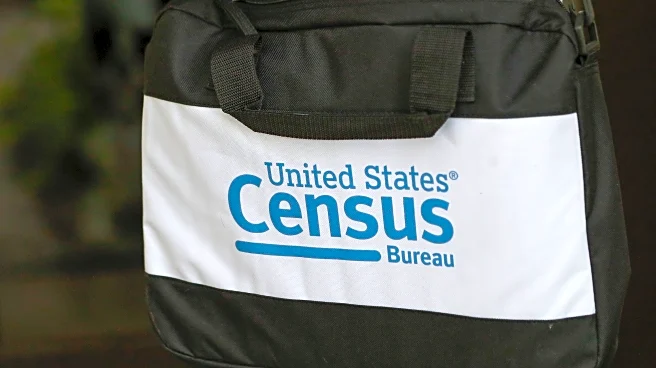Rapid Read • 8 min read
Kaiwa Technology, a Chinese tech firm, has unveiled a humanoid robot equipped with an artificial womb capable of carrying a fetus through a full-term pregnancy. Priced at $14,000, the robot is marketed as a low-cost alternative to human surrogacy, potentially addressing infertility issues. The announcement has sparked intense debate, with supporters viewing it as a breakthrough in fertility technology, while critics raise ethical, social, and legal concerns. The technology is still in its early stages, with Chinese law currently prohibiting the growth of embryos in artificial wombs beyond two weeks.
AD
The introduction of artificial womb technology could revolutionize fertility treatments, offering new possibilities for couples struggling with infertility. However, it also poses significant ethical challenges, including concerns about the emotional bond between mother and child, and the potential for exploitation in a 'production line' of babies. The technology's development could impact global surrogacy markets and lead to changes in legal frameworks governing reproductive technologies. As discussions continue, stakeholders must address the ethical implications and ensure responsible use of such advancements.
Kaiwa Technology is in talks with Guangdong officials to draft regulations for the use of artificial wombs, and has submitted policy proposals to local authorities. The company faces scientific skepticism regarding the feasibility of the technology, and must navigate legal restrictions that currently limit embryo growth in artificial wombs. Further research and development are needed to address the complexities of natural pregnancy and ensure the technology's safety and efficacy. Public, medical, and ethical debates are likely to intensify as the technology progresses.
The development of artificial wombs raises profound questions about the definition of family, maternal bonds, and human rights. It challenges existing legal frameworks and cultural norms surrounding reproduction, potentially leading to shifts in societal attitudes towards parenthood and surrogacy. The technology's impact on human trafficking and genetic modification also warrants careful consideration, as stakeholders explore the long-term implications of artificial wombs.
AD
More Stories You Might Enjoy













